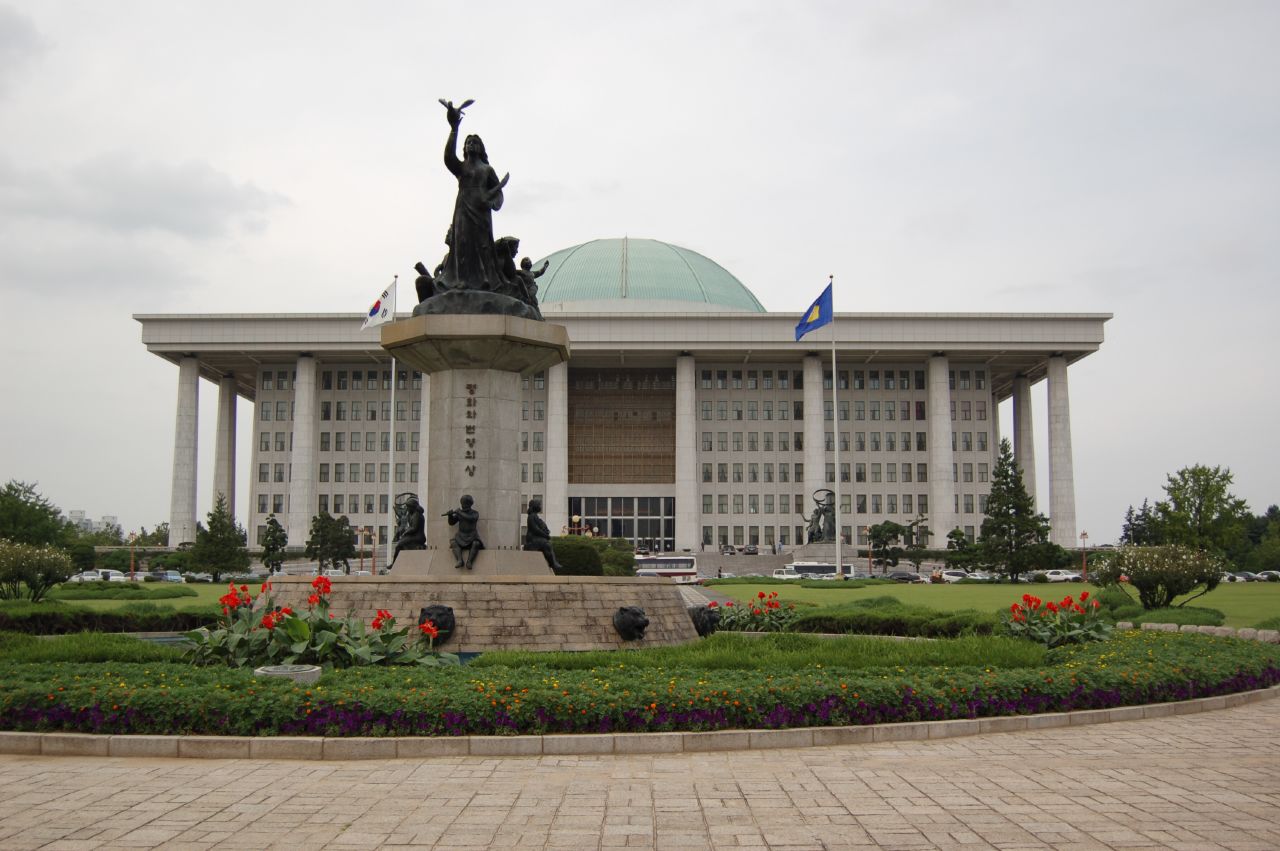|
Politics Of Korea
Politics of Korea may mean: * Politics of the Joseon dynasty, regarding the dynasty which ruled Korea from 1392 to 1897 *Politics of North Korea *Politics of South Korea See also *North Korea–South Korea relations Formerly a Korean Empire, single nation that was Korea under Japanese rule, annexed by Empire of Japan, Japan in 1910, the Korean Peninsula was Division of Korea, divided into occupation zones since the end of World War II on 2 September 1945. T ..., often referred to as "inter-Korean politics" {{disambiguation ... [...More Info...] [...Related Items...] OR: [Wikipedia] [Google] [Baidu] |
Politics Of The Joseon Dynasty
The politics of the Joseon dynasty, which ruled Korea from 1392 to 1897, were governed by the reigning ideology of Korean Confucianism, a form of Neo-Confucianism. Political struggles were common between different factions of the scholar-officials. Purges frequently resulted in leading political figures being sent into exile or condemned to death. The political system of this period was dominated by a Confucianist bureaucracy. The government officials were ranked in 18 levels, ranging from senior first rank (''jeong-il-pum'', ) down to junior ninth rank (''jong-gu-pum'', ) based on seniority and promotion, which was achieved through the royal decree based on examinations and recommendations. The power of the bureaucrats often eclipsed that of the central authorities, including the monarch. For much of the dynasty, a complex system of checks and balances prevented any one section of the government from gaining overwhelming power until the 19th century when political power became con ... [...More Info...] [...Related Items...] OR: [Wikipedia] [Google] [Baidu] |
Politics Of North Korea
The politics of North Korea (officially the Democratic People's Republic of Korea or DPRK) takes place within the framework of the official state philosophy, Kimilsungism-Kimjongilism. ''Juche'', which is a part of Kimilsungism-Kimjongilism, is the belief that only through self-reliance and a strong independent state, can true socialism be achieved. North Korea's political system is built upon the principle of centralization. The constitution defines North Korea as "a dictatorship of people's democracy" under the leadership of the Workers' Party of Korea (WPK), which is given legal supremacy over other political parties. WPK General Secretary is typically the supreme leader, who controls the WPK Presidium, the WPK Politburo, the WPK Secretariat and the WPK Central Military Commission, making the officeholder the most powerful person in North Korea. The WPK is the ruling party of North Korea. It has been in power since its creation in 1948. Other minor political partie ... [...More Info...] [...Related Items...] OR: [Wikipedia] [Google] [Baidu] |
Politics Of South Korea
The politics of South Korea take place in the framework of a presidential representative democratic republic, whereby the president is the head of state, and of a multi-party system. To ensure a separation of powers, the government of the Republic of Korea is made up of three branches: legislative, executive, and judicial. The government exercises executive power, and legislative power is vested in both the government and the National Assembly. The judiciary is independent of the executive and the legislature and comprises a Supreme Court, appellate courts, and a Constitutional Court. Since 1948, the constitution has undergone five major revisions, each signifying a new republic. The current Sixth Republic began with the last major constitutional revision that took effect in 1988. From its founding until the June Democratic Struggle, the South Korean political system operated under a military authoritarian regime, with the freedom of assembly, association, expression, p ... [...More Info...] [...Related Items...] OR: [Wikipedia] [Google] [Baidu] |
North Korea–South Korea Relations
Formerly a Korean Empire, single nation that was Korea under Japanese rule, annexed by Empire of Japan, Japan in 1910, the Korean Peninsula was Division of Korea, divided into occupation zones since the end of World War II on 2 September 1945. The two sovereign countries were founded in the North Korea, North and First Republic of Korea, South of the peninsula in 1948, leading to the formal division. Despite the separation, both have claimed sovereignty over all of Korea in their constitutions and both have used the name "Korea" in English. The two countries engaged in the Korean War from 1950 to 1953 which ended in an Korean Armistice Agreement, armistice agreement but without a peace treaty. North Korea is a one-party state run by the Kim family (North Korea), Kim family. South Korea was formerly governed by a succession of military dictatorships, save for a Second Korean Republic, brief one-year democratic period from 1960 to 1961, until thorough democratization in 1987, after ... [...More Info...] [...Related Items...] OR: [Wikipedia] [Google] [Baidu] |


